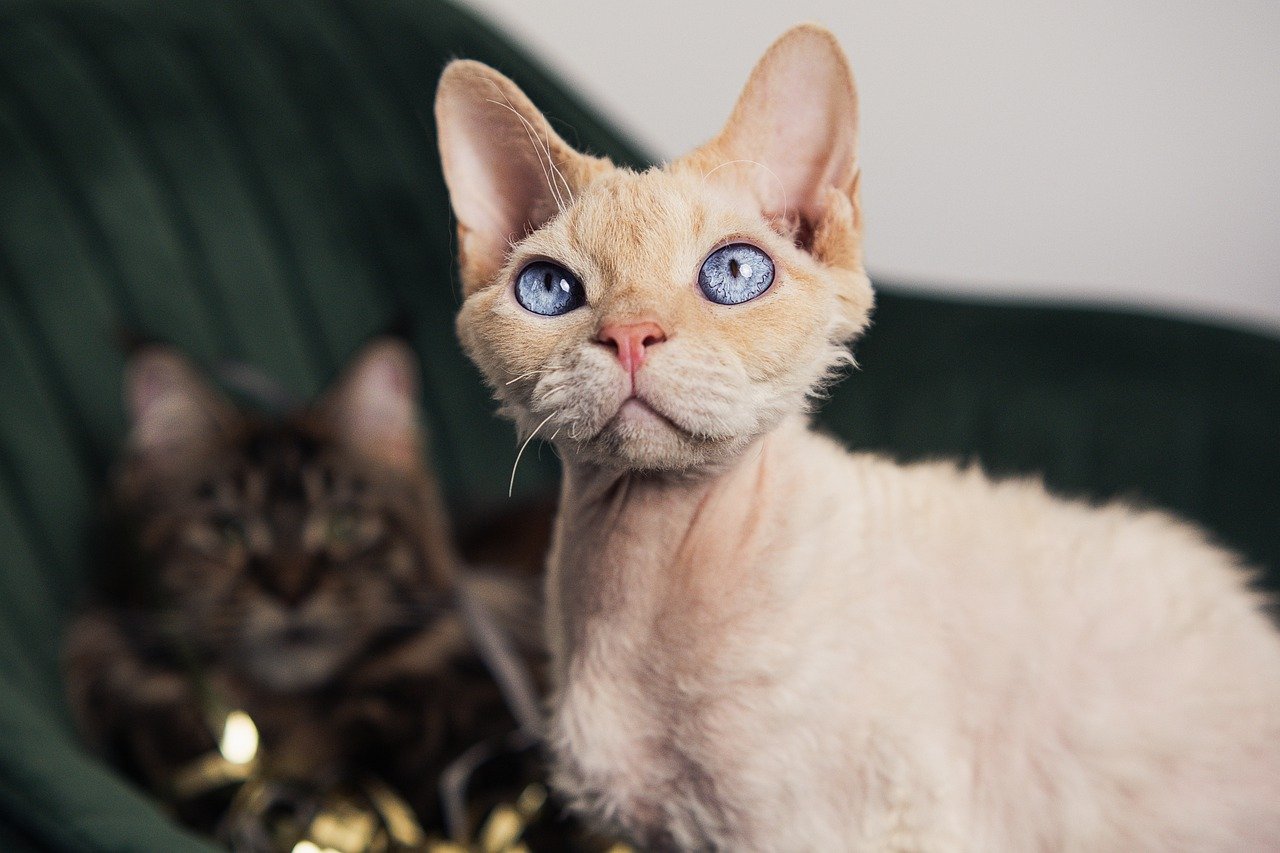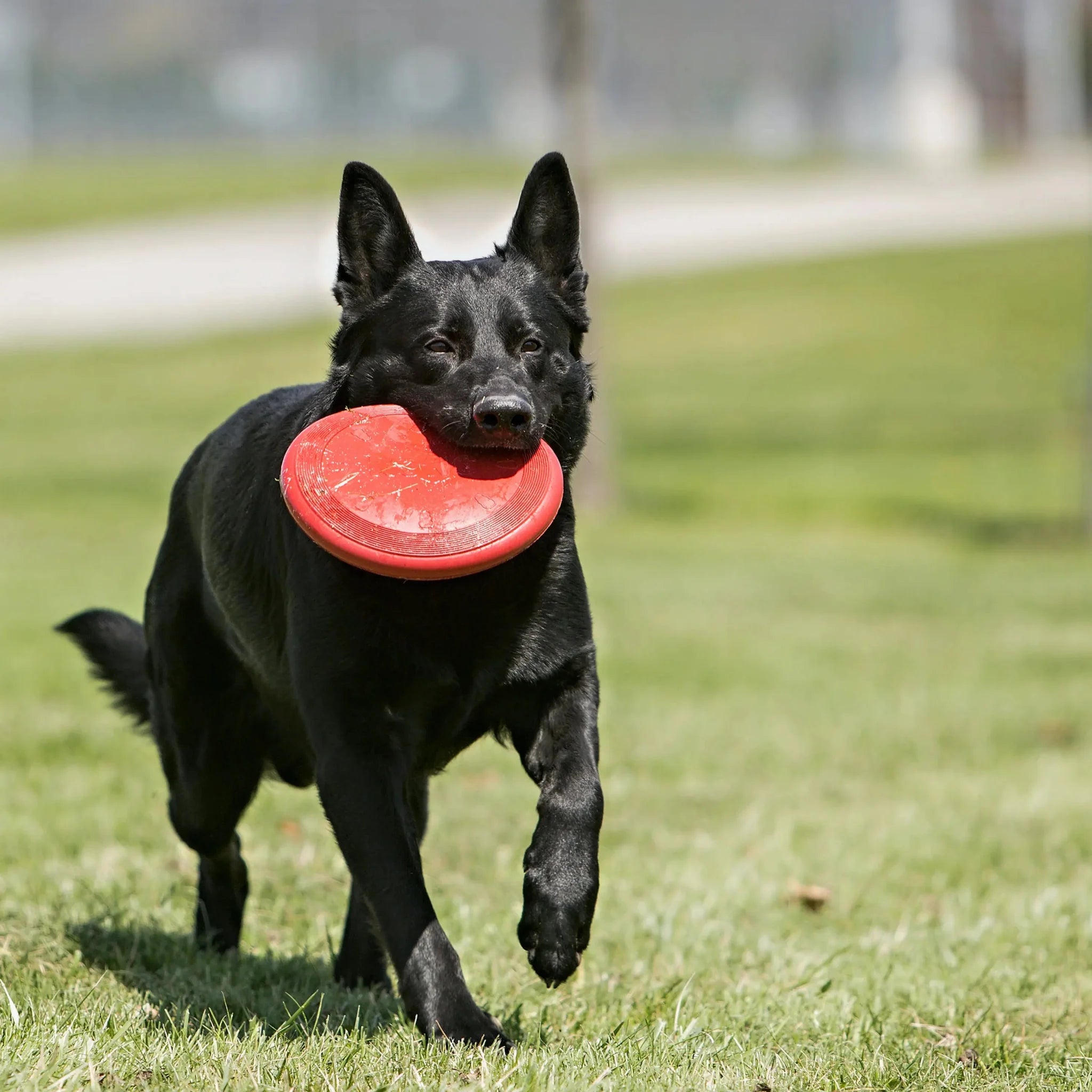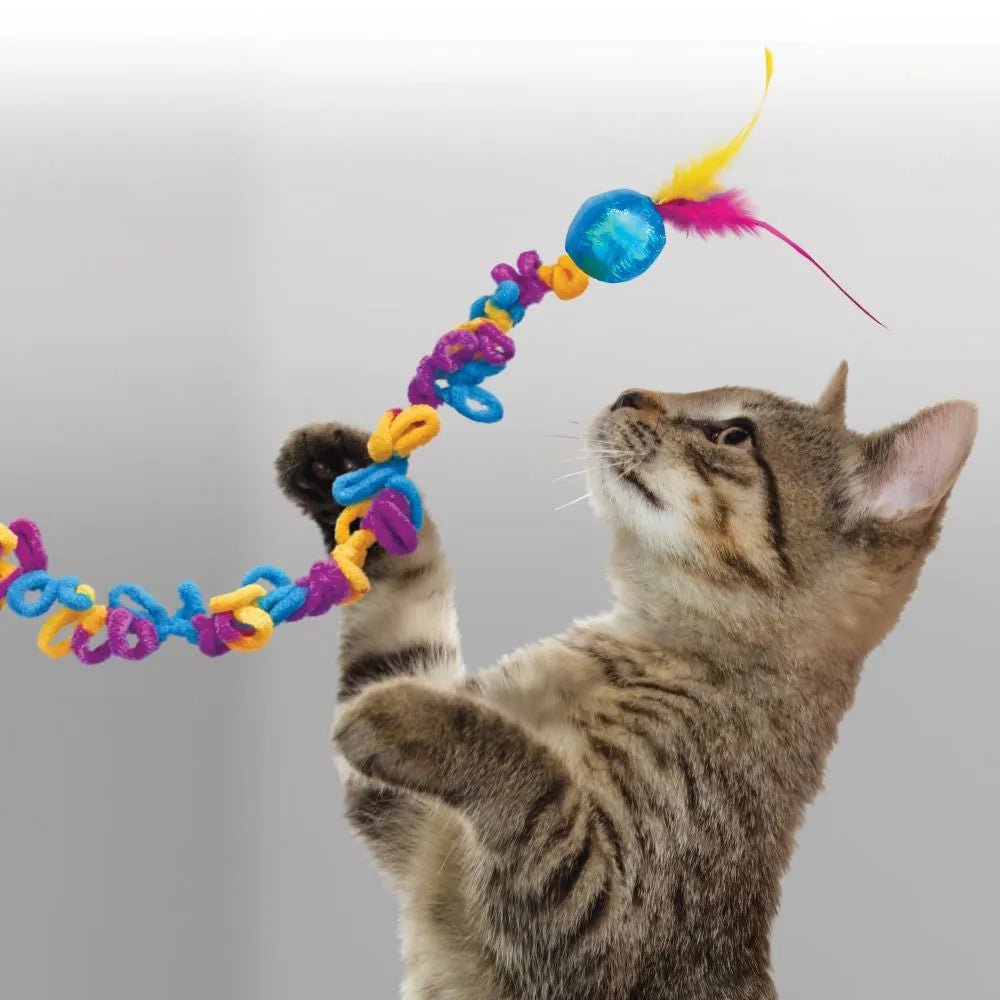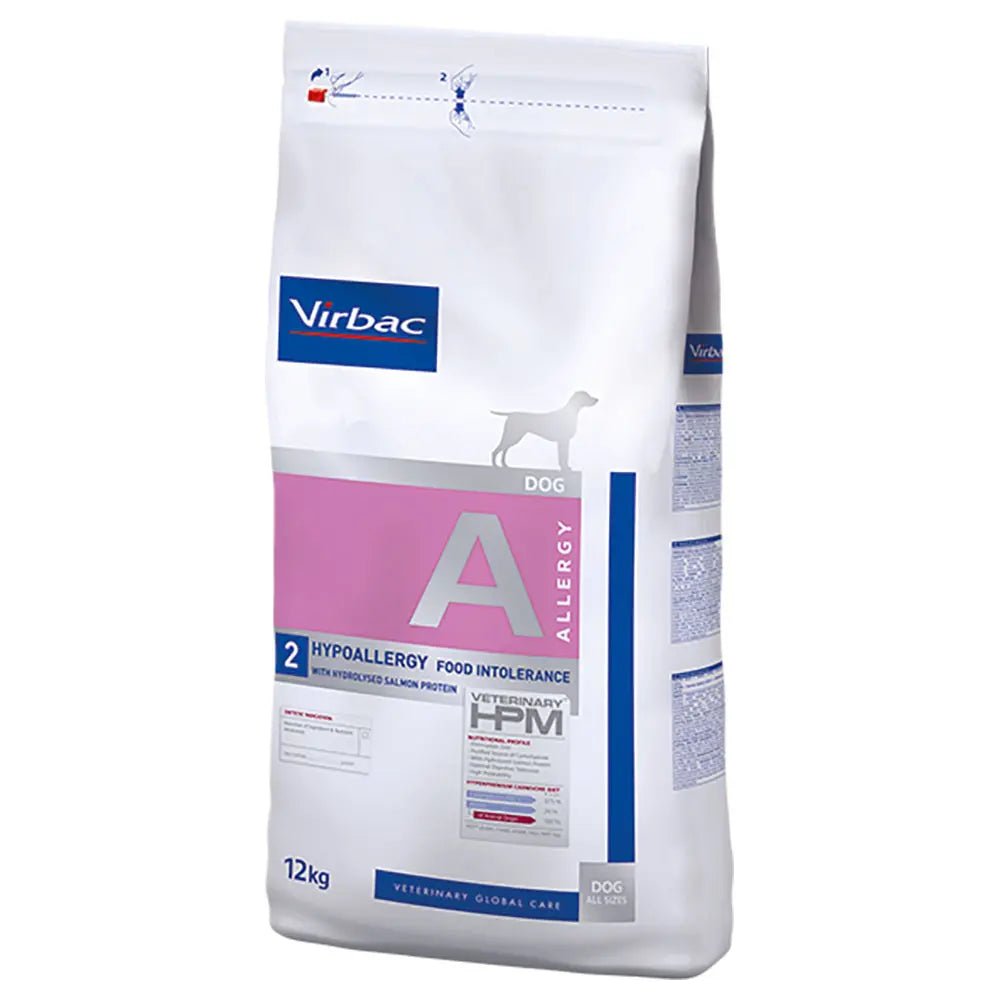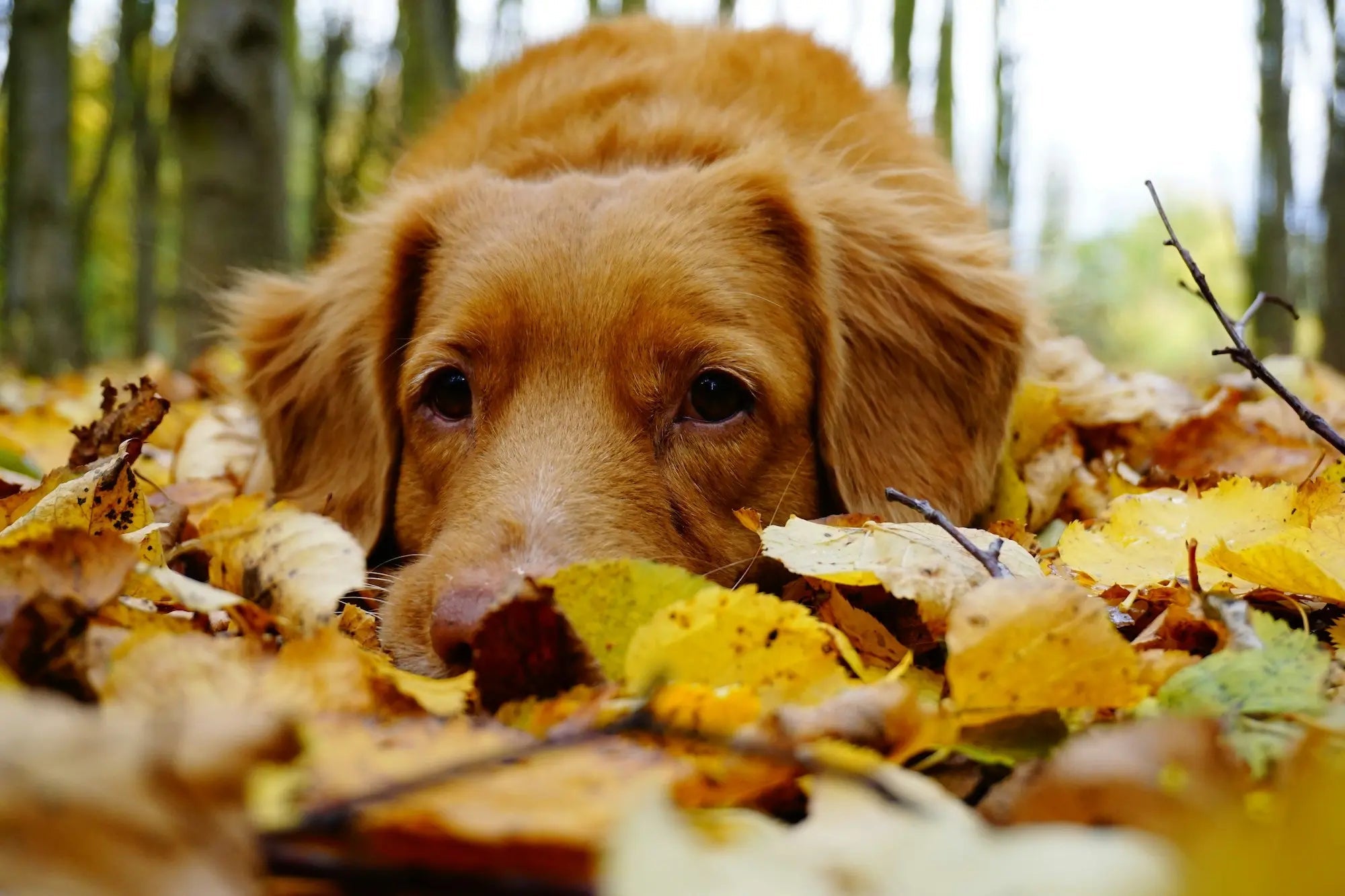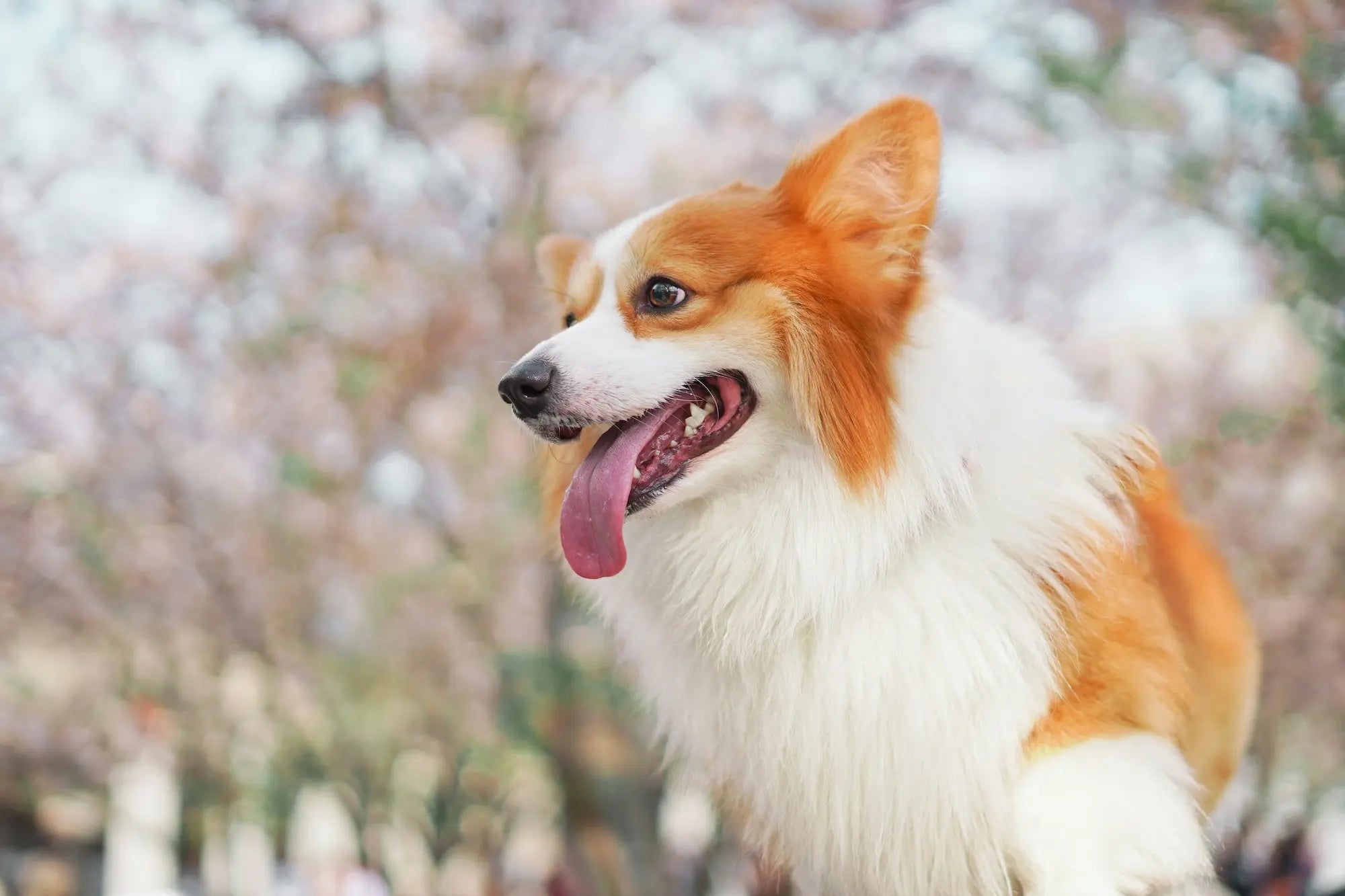The Devon Rex is an intelligent breed of cat with a very unique appearance. Because of its curly fur and wagging tail when happy, it is often described as a painting poodle! Wondering if this interesting cat is a good match for you? Read more about its personality, attention needs and hereditary diseases a Devon Rex cat can get.
race facts

Child-friendly

Attention needs

Energy level

Talkativeness

Fur care

shedding
Facts about the breed
The Devon Rex originated in England, specifically Devonshire (Devon) in the southwest of England. The first cat was discovered around the 1960s by a woman named Beryl Cox. She believed the cat was related to the Cornish Rex cat breed because of its short curls. When she tried to reproduce more kittens with the same curly coat, it turned out that the cat she had did not have the same gene mutation as the Cornish Rex. After Cox discovered this, she began a more extensive breeding program to preserve the mutation in the cat she found. The Devon Rex has a unique, almost extraterrestrial appearance. It is said that the alien from Steven Spielberg's film ET is based on her own Devon Rex cat.
What can you expect as an owner of a Devon Rex?
Personality
Personality
The Devon Rex is a social, curious and not least an active breed of cat. They are incredibly intelligent and can be trained to walk on a leash, retrieve and other typical dog tricks. Devon Rex cats hate to be bored and can quickly come up with mischief such as climbing curtains, going on treasure hunts in flower pots or hiding in places you didn't think possible. Due to their playful and slightly mischievous nature, they are also humorously referred to as monkeys in a cat costume! Although the Devon Rex is not very talkative, it likes to communicate and show affection by lying close to its favorite person.
Energy and attention needs
Energy and attention needs
Devon Rex is an active cat breed with a lot of energy. They love to jump and climb, and would like to have several scratching posts for them to play on indoors. As they are very intelligent, you should also offer your cat cat puzzles and activities so that they are mentally stimulated. The cat breed requires little care, but in return will need a lot of attention and social interaction. They will happily follow you around the house from room to room to be part of everything you do. Devon Rex is therefore best suited for those of you who have the opportunity to spend a lot of time with your furry friend.
Health
Health
Size and appearance
When you see a Devon Rex cat, you will quickly notice the kitty's distinctive appearance. Devon Rex are small to medium-sized cats, with large ears and eyes. Their head shape almost resembles an American football with their high cheekbones and short nose. The coat of a Devon Rex also stands out from other cat breeds, as its body is covered in curls and wavy fur. They come in all colors and patterns, such as orange, gray, black, stripes, tortoiseshell and color points. The characteristic curled coat is the result of a gene mutation.
Weight
A male Devon Rex cat weighs around 3.5 - 5 kg.
A female Devon Rex cat weighs around 2 - 3.5 kg.
Lifespan
9 - 15 years
Hereditary diseases
There are some hereditary diseases in Devon Rex, such as congenital hyptrichosis (hereditary baldness), hip dysplasia (malformation of the hip joint) and hypertrophic cardiomyopathy (heart disease). Other hereditary diseases are Devon Rex myopathy , a muscle disease that causes fatigue and muscle weakness. Polycystic kidney disease and patellar luxation have also been found in this breed of cat. Other discomforts that can occur in Devon Rex are oily skin, ear infections and itching due to a fungal infection (malassezia dermatitis). This can be easily treated with an antifungal agent. Although the breed is prone to a number of hereditary diseases, most Devon Rex cats are relatively healthy.
Fur care
Fur care
Like many other short-haired cats, the Devon Rex sheds very little. The curly coat comes in different types, such as loose curls, shaggy or thin curls that lie close to the body. As the curls are fragile, it is advisable to be extra careful if you want to brush the coat, as this can lead to areas with less fur. Some Devon Rex owners choose to bathe their cat, as they can get greasy between the skin folds. However, they dry very quickly after a shower. The large ears are susceptible to dirt and earwax buildup, so you should clean the ears weekly with a cotton pad. Cats with thinner and paler coat colors may need sunscreen when it is sunny outside.
Is a Devon Rex suitable if I am allergic to cats?
Because of its special, curly coat, many people believe that the Devon Rex is suitable for people with cat allergies. This is not a guarantee, but some allergy sufferers will react less to the Devon Rex cat, as it only has an undercoat. Unfortunately, there are no cat breeds that are 100% allergy-free. This depends a lot on the person and the cat.
Food and nutrition
Food and nutrition
Devon Rex are real foodies and will scout for your dinner leftovers on the kitchen counter. Not only will they never turn down food, they will also beg like a dog, even if they have just eaten. So keep a close eye on your cat's weight and make sure they don't eat human food they shouldn't. It can be hard to resist those sweet eyes when they beg, but remember that it is for the cat's own good.
If you want to become the owner of a Devon Rex, you should make sure to find a reputable breeder. How much a kitten costs will vary, but you can expect a price of between 10,000 - 17,000 NOK for a Devon Rex kitten.
Having purebred cats as pets has become very popular, but unfortunately this has resulted in many unscrupulous breeders who engage in unethical breeding for profit. Therefore, it is important for you as a buyer to get information about how the cat was bred so that you do not contribute to cats with hereditary and serious diseases being born. If a purebred cat is sold without a pedigree, you will never know whether the kitten has been stolen, or whether illegal trade has taken place.
A serious breeder in a federation must follow strict requirements for animal welfare and health. Good breeders will also demand something from you to ensure that the cat has a good life. Remember to check if the breeder is registered through the Norwegian Cat Breeders' Association (NRR) / FIFe / TICA and that the pedigree, health certificate (and possibly the purchase contract and vaccination card/veterinary passport) are included.


